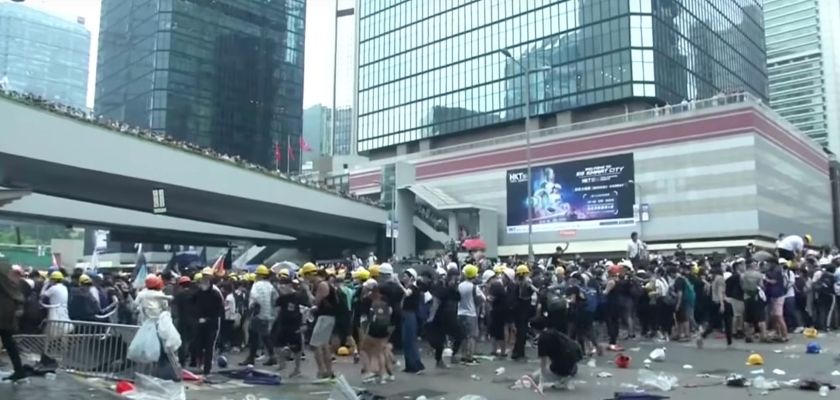Pavel Durov, the founder of instant messaging platform Telegram, confirmed this Wednesday that his company suffered a “powerful” Distributed Denial of Service (DDoS) attack which hindered the platform’s services for roughly one hour.
A DDoS attack is a form of cyber-attack that makes a server unavailable to its users by flooding it with junk traffic. The attack to Telegram came when activists in Hong Kong were using Telegram to coordinate protests over China’s plan to allow extradition.
Telegram said that the attack affected users in the Americas as well as in other countries.
According to a later tweet by Telegram’s Pavel Durov, the IP addresses involved in the DDoS attack mainly came from China.
“IP addresses coming mostly from China. Historically, all state actor-sized DDoS (200-400 Gb/s of junk) we experienced coincided in time with protests in Hong Kong (coordinated on @telegram). This case was not an exception.”
So far China’s Cyberspace Administration – the agency that oversees cyber policies – did not comment.
Telegram’s growing popularity is partly due to its emphasis on keeping the conversations confidential by using strong encryption. It is free and allows people to exchange encrypted documents, videos, messages and pictures.
With it, users can create groups of up to 200,000 people and channels for unlimited audiences. Predictably, it became a staple among activists for organizing protests, and a target for totalitarian government censors.
Durov’s tweets came as a man identified as a Telegram group admin got arrested in Hong Kong for conspiring against public order.
Activists have been clashing with law enforcement agents in the city this Wednesday. The battles, that saw 72 people injured, two of which are in critical conditions, are over China’s plan to allow the extradition of suspects from Hong Kong to the mainland.
Hong Kong is a special administrative region of China, with powers delegated by the national government itself.
Until now, it was able to keep its own legislative, economic, and judicial independence. Should the extradition bill pass, it would bring Hong Kong one step closer to Chinese governance.






















